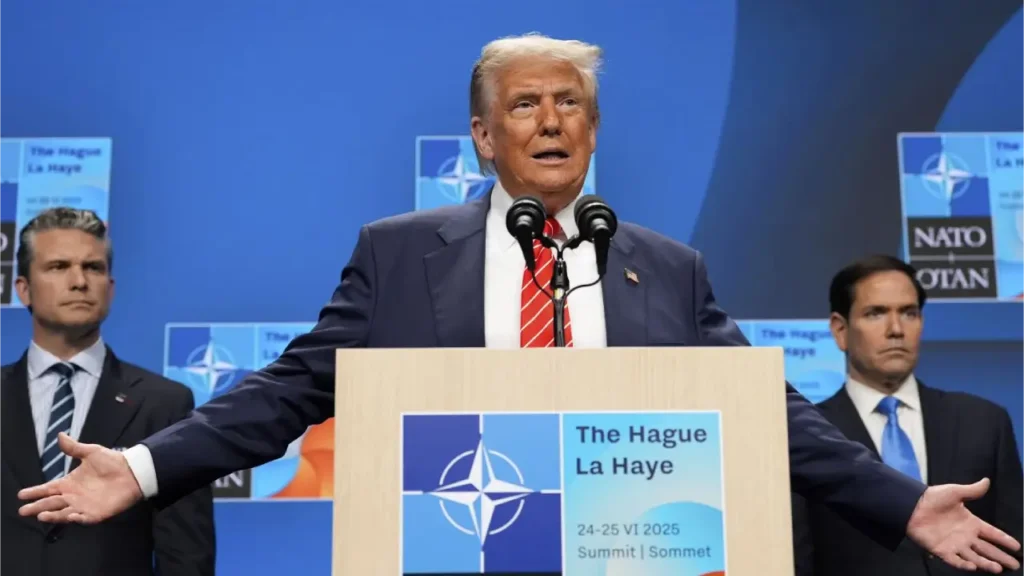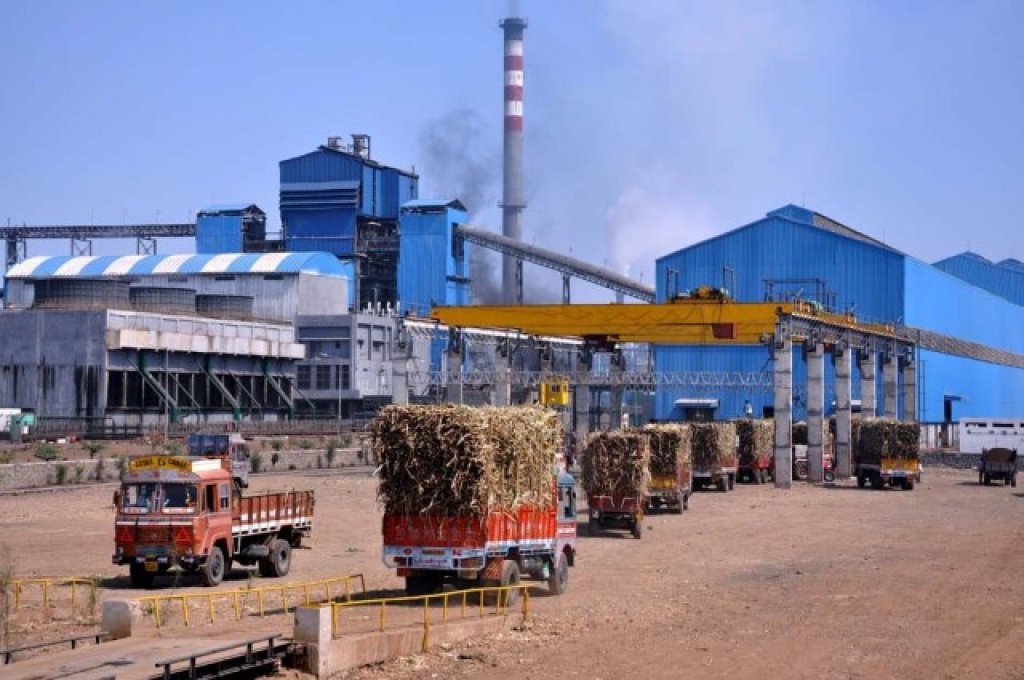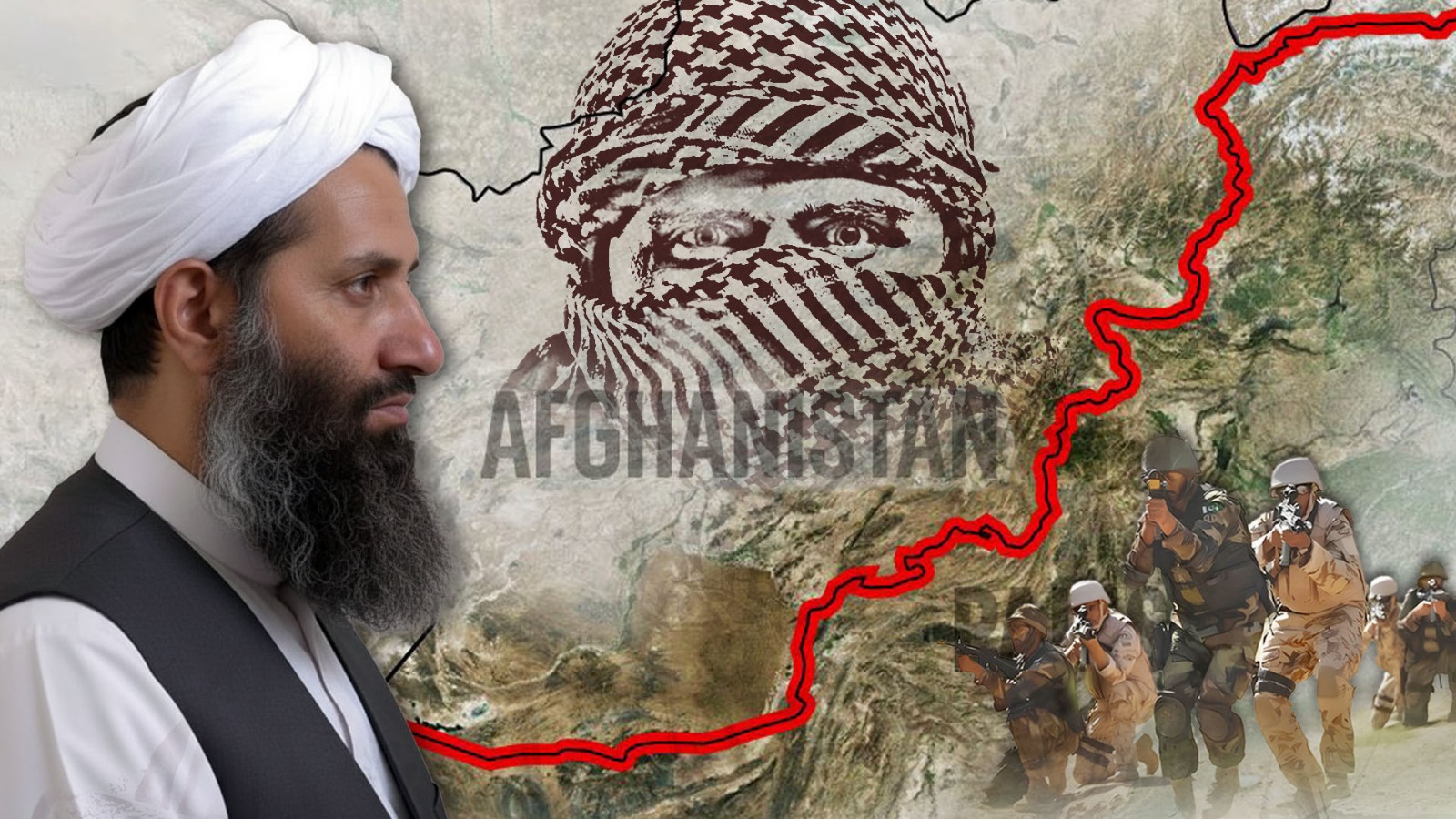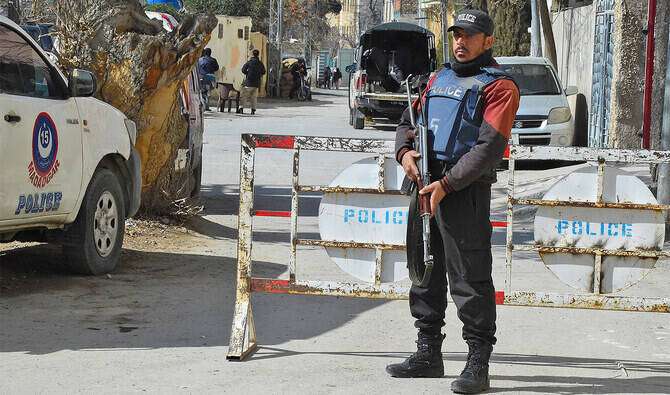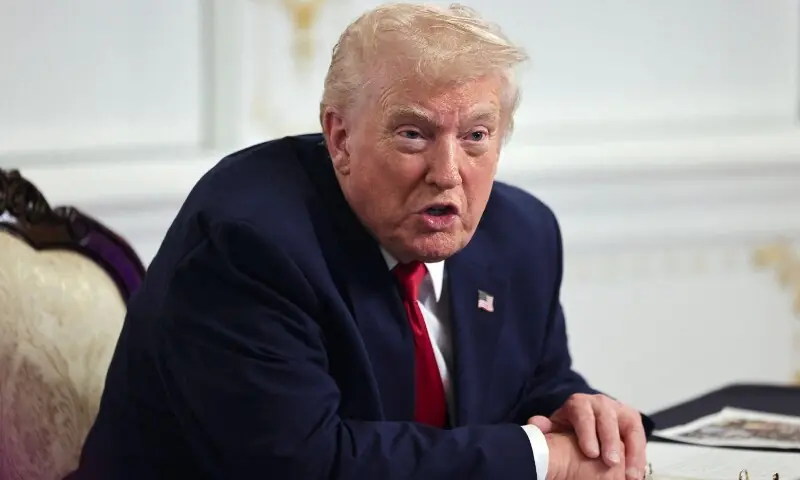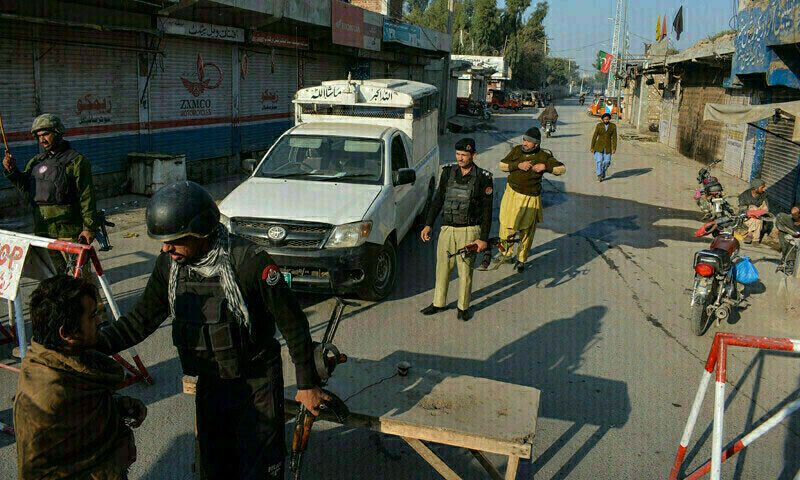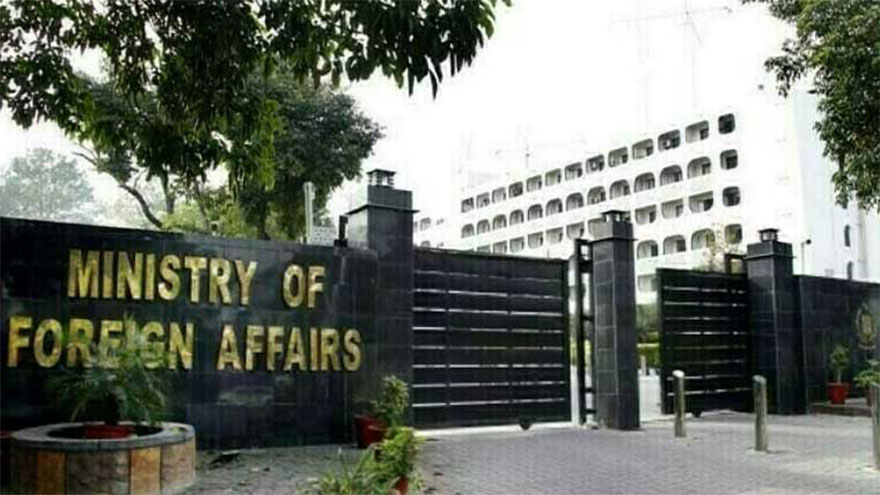A fragile ceasefire between Iran and Israel entered its second day on Wednesday, amid signals from Washington that talks with Tehran may soon resume. President Donald Trump suggested that American and Iranian officials could meet as early as next week, a development that has stirred tentative hopes for diplomatic progress.
Speaking at a NATO summit, Trump appeared reluctant to commit to formal negotiations, claiming instead that US strikes had destroyed Iran’s nuclear infrastructure. “They fought, and the war is over,” he remarked. “We may sign an agreement, I do not know.”
Despite Trump’s comments, Tehran has not acknowledged any planned talks. A sixth round of US Iran negotiations, originally scheduled to be held in Oman earlier this month, was cancelled following Israeli military action. However, US Middle East envoy Steve Witkoff stated that both direct and indirect communication had continued in recent days.
In Tehran, scepticism over Washington’s intentions remains high. Iran’s parliament this week passed legislation allowing the suspension of cooperation with the International Atomic Energy Agency, citing the agency’s silence over US led attacks on Iranian nuclear facilities. Speaker Mohammad Bagher Qalibaf accused the agency of failing to uphold its responsibilities.
Even so, some international actors remain hopeful. French President Emmanuel Macron, who spoke several times to Iranian President Masoud Pezeshkian during the conflict, urged Tehran to return to dialogue. France was a key party to the 2015 nuclear accord, which collapsed after the United States withdrew under Trump’s leadership.
IAEA Director General Rafael Grossi said he had contacted Iranian officials to push for renewed inspections. He stressed the urgency of restoring oversight, noting that Iran claims to have relocated key uranium stockpiles ahead of the strikes. “We need to reengage,” he said. “Inspections must resume now that hostilities have ceased.”
While US and Israeli officials insist that recent airstrikes on Iranian nuclear infrastructure were a strategic success, there are growing questions about their long term impact. Trump claimed the strikes had completely obliterated Iran’s programme, but intelligence reports suggest the damage may only delay progress by a few months.
Iranian officials acknowledged the severity of the bombings, which reportedly targeted three nuclear sites using US B2 bombers and bunker busting munitions. “Our nuclear infrastructure was badly hit, that much is true,” said Foreign Ministry spokesman Esmail Baghaei. However, he maintained that Iran still had the right to pursue nuclear energy and had not ended IAEA cooperation entirely.
The Israel Atomic Energy Commission echoed Trump’s assessment, saying the joint operation had set back Iran’s ability to produce a nuclear weapon by several years. The commission did not release evidence to substantiate its claim.
Despite the fragile calm, tensions remain under the surface. Iranian officials have warned that while talks are always possible in principle, national security must come first. Baghaei accused the United States of torpedoing diplomacy through its attacks on Iranian nuclear sites.
An Israeli official described the ceasefire as a quiet for quiet arrangement — a mutual de escalation with no formal agreement on Iran’s nuclear future. The official spoke on condition of anonymity, citing the sensitivity of internal deliberations.
IAEA chief Rafael Grossi warned against squandering the current opening. “Even in conflict, opportunities arise,” he said. “We must act now to prevent further escalation and work towards a longer term solution.”

